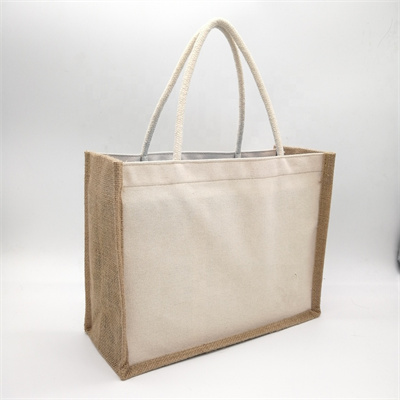Proper maintenance of filter bags is essential to ensure they operate at peak performance and maximize their lifespan. Neglecting maintenance can lead to reduced filtration efficiency, increased operational costs, and the need for more frequent replacements. Here are some key maintenance practices to follow for filter bags:
- Regular Inspection: Implement a routine inspection schedule to visually examine filter bags for signs of wear, damage, or clogging. Check for holes, tears, or worn seams. Inspections should be carried out at regular intervals, depending on your filtration system and the operating conditions.
- Differential Pressure Monitoring: Monitor the differential pressure across the filter bags regularly. An increase in pressure drop indicates that the bags are becoming clogged and may need cleaning or replacement. Establish a baseline pressure drop for your system, and be vigilant for any significant deviations.
- Scheduled Cleaning: Cleaning filter bags can extend their lifespan and maintain filtration efficiency. The cleaning method will depend on the type of contaminants and filter material. Common cleaning methods include shaking, pulse-jet cleaning, reverse air cleaning, and washing.
- Replace Damaged Bags: If you find any filter bags that are torn, have holes, or are otherwise damaged beyond repair, replace them promptly to prevent contaminants from bypassing the filter media.
- Optimize Operating Parameters: Ensure that your filtration system is operating within the recommended parameters, including flow rates, temperature, and pressure. Operating outside of specified conditions can reduce filter bag performance.
- Proper Installation: Ensure that filter bags are correctly installed in the filter housing. Incorrect installation can lead to bypass and reduced filtration efficiency.
- Regularly Record Data: Keep records of filter bag maintenance, including inspection dates, cleaning schedules, and pressure drop measurements. This data can help you track the performance of individual bags and assess when replacements are needed.
- Train Personnel: Ensure that your maintenance personnel are properly trained in filter bag maintenance and replacement procedures. This will help avoid errors during maintenance activities.
- Use Compatible Chemicals: If your filtration system involves chemical processes, ensure that the filter bags are compatible with the chemicals used. Using incompatible materials can lead to bag degradation and reduced performance.
- Consider Upgrading: If you continually experience short filter bag lifespans or frequent maintenance issues, consider upgrading to higher-quality filter bags or exploring alternative filtration technologies that may better suit your application.
- Emergency Response Plan: Develop a plan for dealing with unexpected filter bag failures or system malfunctions to minimize downtime and prevent contamination.
Remember that the maintenance requirements for filter bags can vary based on the specific application and the type of contaminants being filtered. Always refer to the manufacturer’s guidelines and recommendations for your specific filter bags and filtration system. By implementing a proactive maintenance plan and staying attentive to the condition of your filter bags, you can ensure that they perform optimally, reduce operational costs, and maintain the quality of your filtration processes.





















